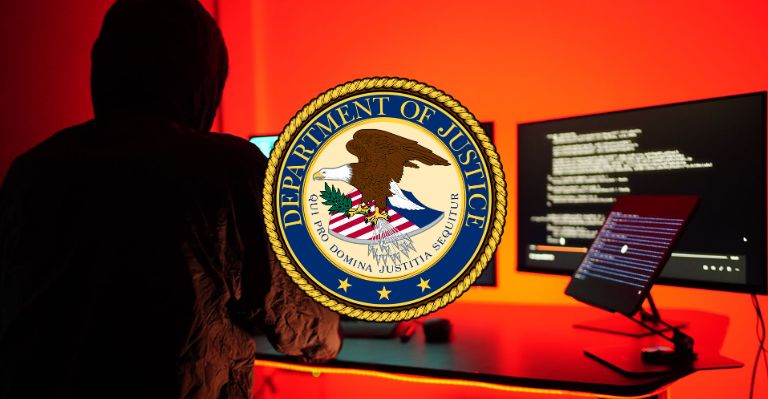TL;DR
- A fraudster swapped one character in the Trump-Vance Committee’s email domain, tricking a donor into sending 250,300 USDT to a scam wallet.
- FBI, aided by Tether, traced and froze 40,353 USDT, and the DOJ filed a civil forfeiture suit in Virginia to reclaim the stolen funds.
- Authorities warn impersonation scams cost Americans billions annually, urging email-domain checks and reporting threats to IC3.
On December 24, 2024, a fraudster in Nigeria pretended to be Steve Witkoff, the co-chair of the Trump-Vance Inaugural Committee, and aimed at a kind-hearted donor. By swapping a single character, replacing the uppercase “I” with a lowercase “l” in the committee’s email domain, the fraudster duped the victim into wiring 250,300 USDT on Ethereum to a wallet ending in 58c52. The donor convinced the request was authentic, complied within days, unaware their funds were vanishing into a web of laundering addresses.
FBI Tracing Nets Partial Recovery
Using blockchain analytics and with Tether’s cooperation, the FBI traced the stolen assets through successive transfers. Within hours, law enforcement agents pinpointed 40,353 USDT and seized it via a court-authorized freeze.
The recovered tokens now sit in federal custody, earmarked for return to the victim yet to be identified in the public filings. Despite only regaining a fraction of the haul, investigators hailed the operation as a win for on-chain transparency and private-public collaboration.
Civil Forfeiture Complaint Seeks Restitution

On July 2, U.S. Attorney Jeanine Ferris Pirro filed a complaint in the Eastern District of Virginia to reclaim the seized tokens under civil forfeiture statutes. The filing names “one or more perpetrators” and outlines the steps of the business email compromise scheme. It alleges the scammers impersonated legitimate committee officials to misappropriate donor cryptocurrency, then funneled the proceeds through multiple pseudonymous wallets to obscure their trail.
Authorities Urge Heightened Vigilance
FBI Assistant Director Steven J. Jensen cautioned that impersonation scams result in billions of dollars lost by Americans each year. He urged everyone to scrutinize email addresses, URLs, and domain spellings before sending any funds. “Never send money, gift cards, or crypto to individuals you haven’t verified in person,” Jensen said.
Both the Department of Justice and the FBI recommend reporting suspicious solicitations to the Internet Crime Complaint Center (IC3) immediately. As crypto adoption grows, officials emphasize that one misclicked character can mean a catastrophic loss, highlighting the need for constant vigilance in digital financial interactions.

